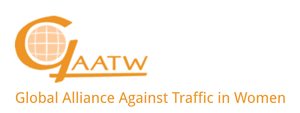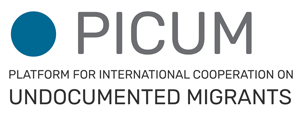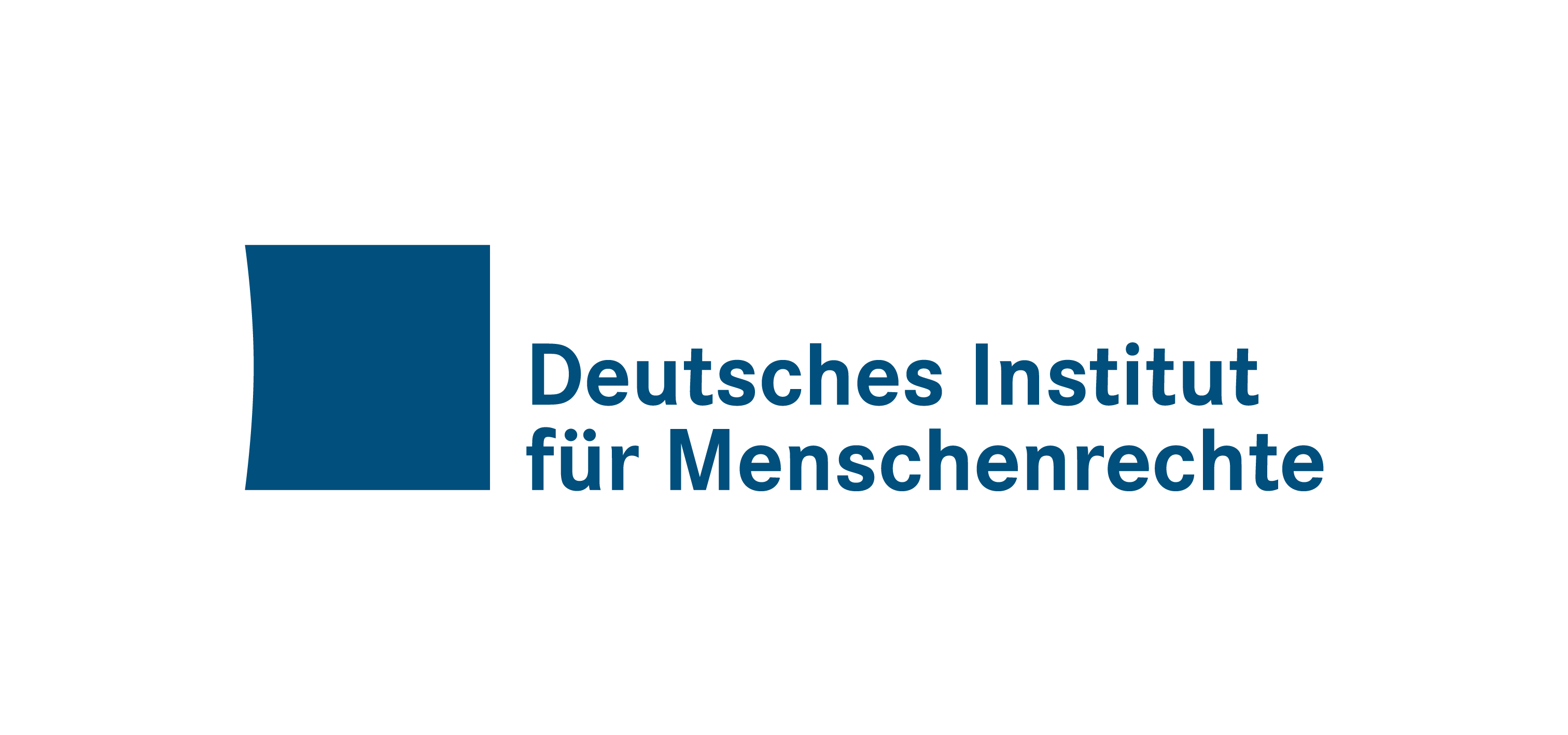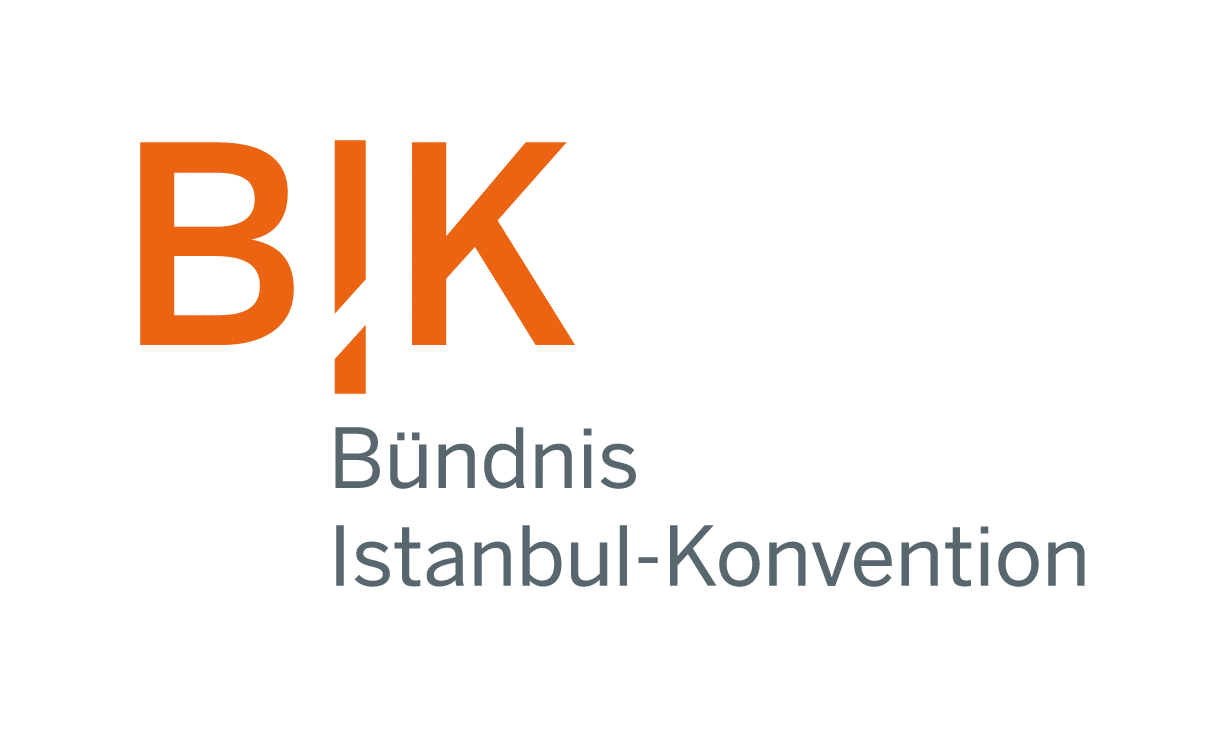Crime Victims' Compensation Act
Persons who have been the victims of acts of violence on German territory are entitled to demand compensation in accordance with the Crime Victims’ Compensation Act.
Due to the fact that trafficked persons are often also victims of acts of violence, in principle, they are entitled to the benefits as defined under the Crime Victims’ Compensation Act. Until present, this possibility has been applied too infrequently, however, and many requests under the Crime Victims’ Compensation Act have been rejected.
For further information, please consult the following helpful information regarding compensation.
A comprehensive reform of the Crime Victims’ Compensation Act was announced a long time ago, but by September 2016, it had not yet taken place.
About the Crime Victims’ Compensation Act
In order for the Crime Victims’ Compensation Act to apply, the claimants in question must have been the objects of an act of violence and they must suffer from after-effects as a result of said act. Both direct victims or their surviving relatives are entitled to compensation under this legislation.
The Crime Victims’ Compensation Act defines an act of violence as a deliberate unlawful violent attack against a person, e.g. intentional bodily harm, rape, sexual assault, sexual abuse, etc.
Every type of health-related problem that results from said acts of violence entitles the victim to demand compensation. Health-related problems include physical and/or psychological problems, and they may be temporary or permanent. These health issues must be directly caused by the act of violence in question.
The right to entitlements under the Crime Victims’ Compensation Act are decided upon by the Support Offices [Versorgungsamt] upon request. However, in every federal state, these offices bear different names.
The administrative process is closed by means of a notification and it can be appealed. If the Support Office does not see the need for remedy, the next higher authority shall decide upon the case.
Entitlements for trafficked persons
Since 1 July 1990, all foreign nationals who legally reside in Germany and have been the victims of intentional and unlawful acts of violence are entitled to compensation under the Crime Victims’ Compensation Act. Therefore, this also applies to trafficked persons. According to a circular issued by the Federal Ministry of Labour on 5 March 2001, trafficked person who resided in Germany illegally are also entitled to compensation.
The scope of the benefits is generally dependent on the length of the victims’ residence in the country, as well as the type of residence permit they possess, according to Section 1 para. 5 and 6 of the Crime Victims’ Compensation Act:
- Para. 4 no. 1: EU citizens have the right to the same treatment as German nationals;
- Para. 5 no. 1: If the victim has legally resided in Germany for an uninterrupted period of over 3 years, he/she is entitled to the same compensation as German victims of acts of violence;
- Para. 5 no. 2: If the victim temporarily and legally resides in Germany for an uninterrupted period of six months to three years, benefits that are not income-related can be provided to them under the provisions of the Crime Victims’ Compensation Act;
- Para. 6 no. 1: Victims who are related up to the third degree with a German national or a foreign national as per para. 4 and 5 are entitled to the same benefits as persons defined under para. 5 no. 2;
- Section 10b in conjunction with Section 1 para. 5 and 6: If the foreign victim resides temporarily and legally for maximum six months in Germany, a one-off payment can be granted to him/her as a hardship settlement.
The scope of the compensation is defined in accordance with the provisions of the Federal Support Act and covers medical and curative treatment, victims’ pensions, nursing allowance as well as welfare benefits such as emergency healthcare, additional subsistence allowances, housing benefits, and benefits for specific circumstances. In addition, under certain conditions, victims may be entitled to supplementary benefits on a case-by-case basis. These can be granted in the form of personal support, contributions in kind and monetary benefits. Damages or compensation for other material or pecuniary losses, such as the non-payment of income from prostitution, for instance, do not apply.
Approved benefits from the Support Office are not limited in time unless they concern the approval of preliminary benefits for medical treatment.










